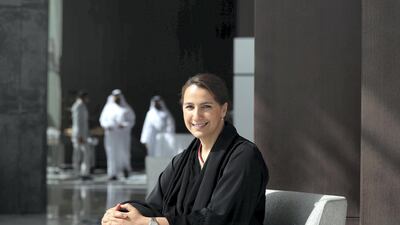The UAE aims to cut its food waste by half over the next decade, the Minister of State for Food Security has said.
The average person in the country wastes around 197 kilograms of food each year – more than double the figure for Europe.
Speaking at the opening of an annual food industry conference this week, Mariam Almheiri said food security was a “top priority”.
The authorities in the Emirates have reported that the issue costs the country a staggering Dh13 billion annually.
“The UAE aims to reach 50 per cent decrease in food wastage by 2030,” the minister said.
“Because the UAE imports 90 per cent of its food, food safety and security are the top priority.”
Studies have shown that substantial food waste is most prevalent among developed countries.
Experts have said this is due to consumers in rich nations failing to plan purchases properly and buying more than they need.
Data from the Food Sustainability Index 2016, developed by The Economist Intelligence Unit, revealed that the UAE, and the Arab region as a whole, were among some of the poorest performers when it came to reducing food waste.
But the country is committed to improving, and was among 193 states that signed the UN's Agenda for Sustainable Development, which aims to eliminate hunger worldwide within the next decade.
Officials have also taken steps to develop a regulatory framework to enable the recycling of waste, mainly foodstuffs, into compost.
Ms Almheiri has argued for some time about the need for the UAE to “step up” its game on food waste.
“Around 820 million people are going to bed hungry and we are wasting a lot of food,” she said on World Food Day last year.
“We need to step up our game. The clock is ticking and we need to put our efforts together.”


